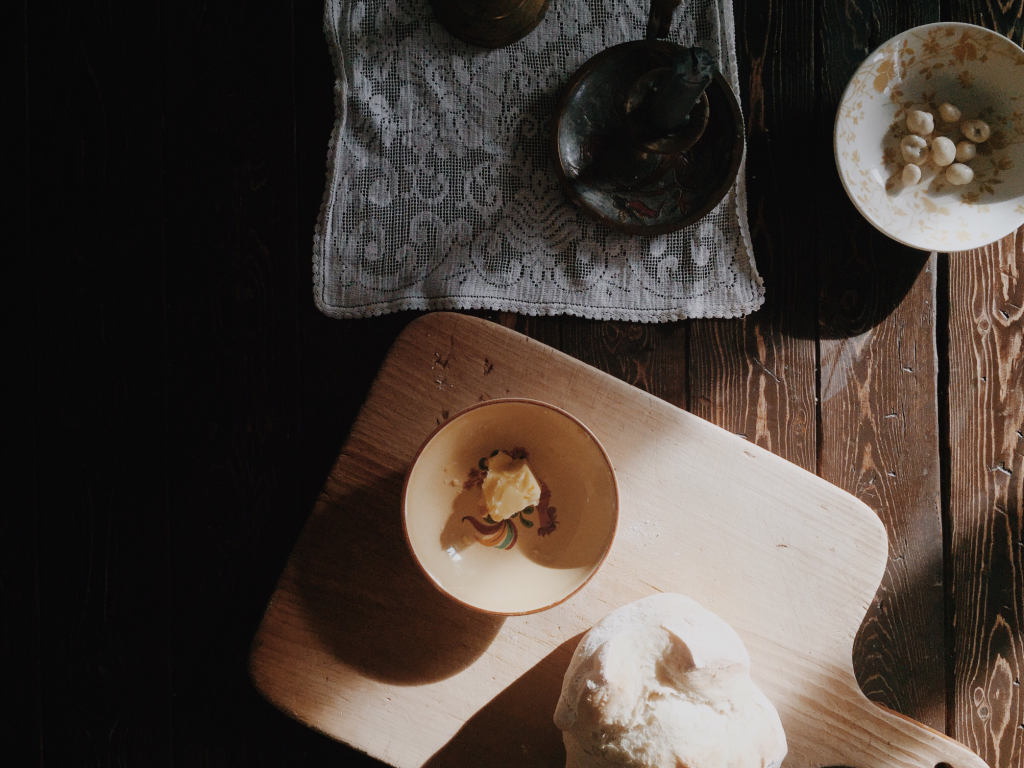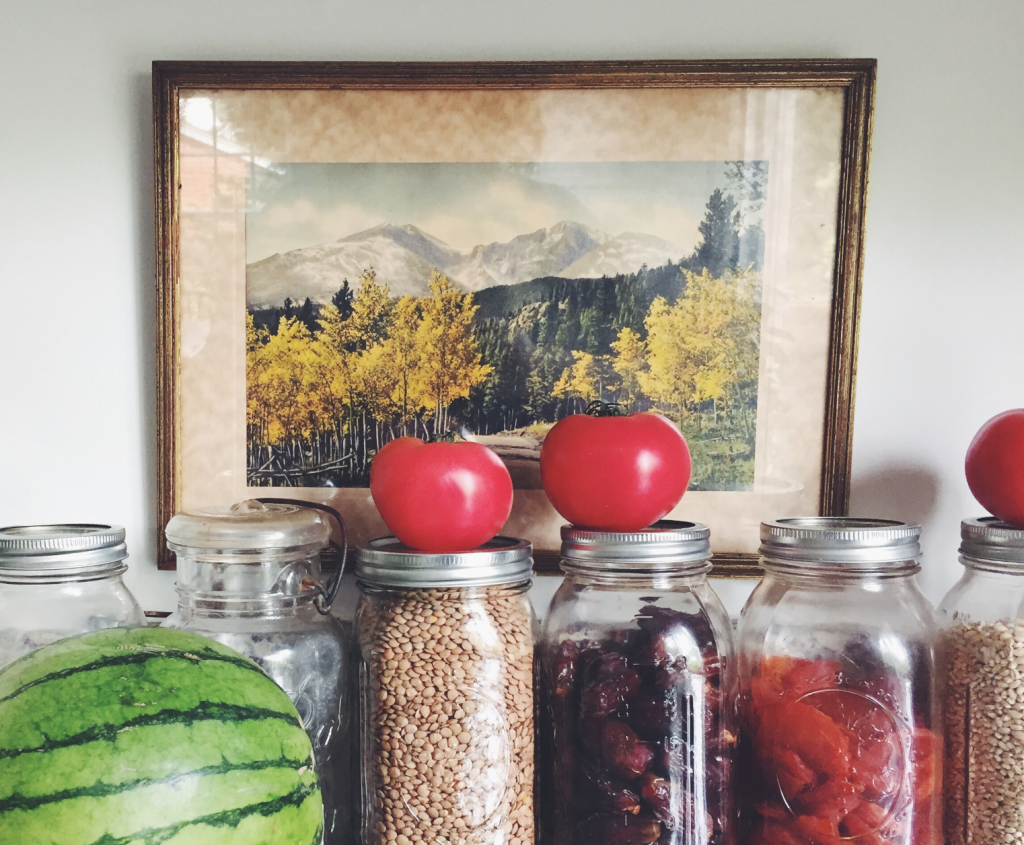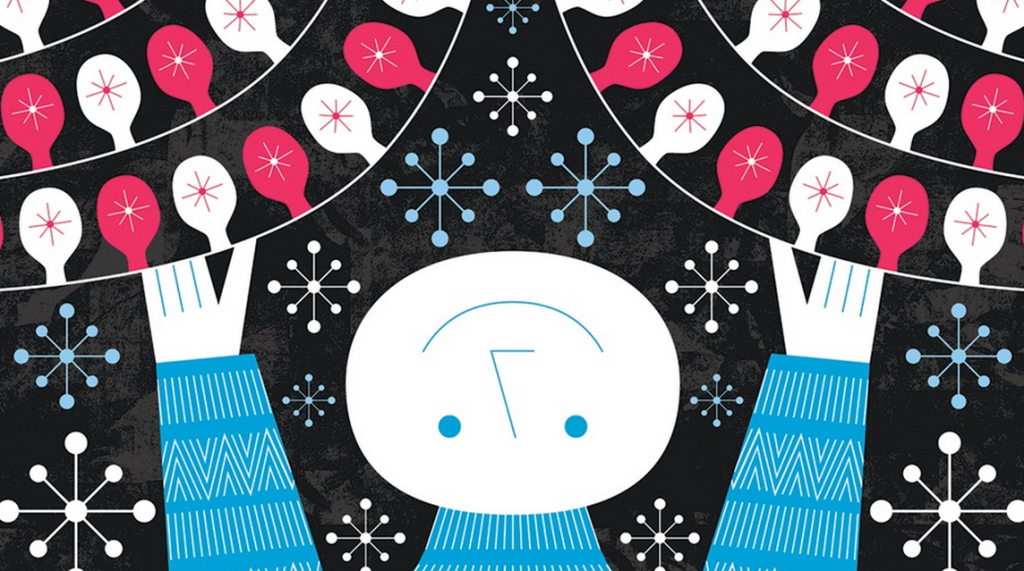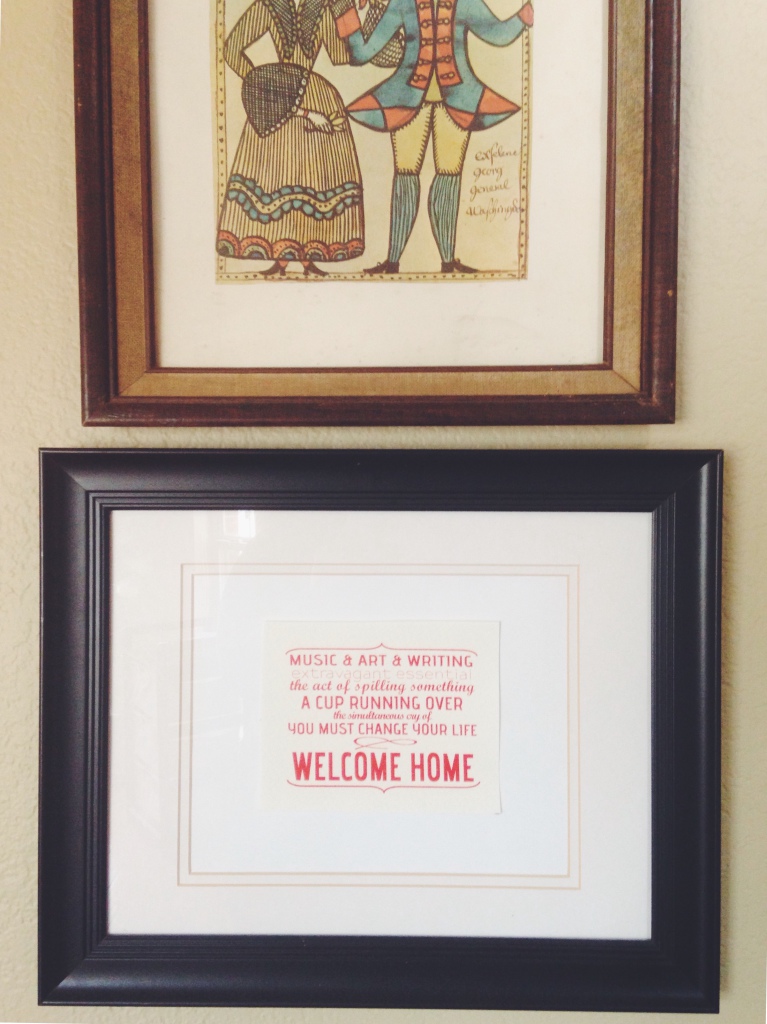Application for Writing Mentorship
When I was 15, a friend a decade ahead of me took an interest in my writing, encouraging me along and not letting me get away with sloppy self-editing. Then when I was in my early twenties, I had an older mentor who did the same. In college I was surrounded by professors who simply would not accept anything less from me than my most excellent work. All of these helped make me who I am today. I am not the world’s best writer, but I am willing to be edited, willing to slay my darlings, and wanting to say things as well as I am able to say them.
I am not yet old (I don't think!) but I am recognizing more and more the need to pass the baton and to take part in encouraging those with a clear gift for writing to hone their craft. I made it my aim after I began using Patreon, that when I reached 200 supporters, I would begin a small mentoring group for writing. I first opened it to Patreon supporters, but I still have three openings and I would like to extend an invitation to those spaces to all Sayable readers now.
I am really excited to begin this group on March 1st. Before I issue the invitation to be a part of this group, though, I wanted to say a few things.
If your aim is to be published, this is not the group for you. Most of the advice out there for folks who want to get published is all about making connections, networking, building a platform, getting an audience, etc. I don't want to disparage those efforts, but I think the thing our world is really thirsting for is not more writers, but better writers. Becoming better writers takes time, feedback, brutal honesty, humility, a willingness to edit and be edited, patience, the ability to hear the word no, and not see a no as a deterrent but instead as a tool to shape and hone writing.
I will not be helping you get published quick because I think quick publishing is one of the worst things that's ever happened to good writing. I will also not be connecting you with any publishing platforms or sharing your social links or blogs during these 12 weeks. My job in this mentorship will be to help you become a better thinker, writer, and submitter of your own work on its own merits—not the merits of your story or who you know or wherever you think your work belongs.
There will be one week when I encourage you to submit your work on your own, without a personal connection, to an online or print publication where you know your piece would work. So much of the writing world these days is about who you know, but it's almost become like Tinder for dating. It removes the need for awkwardness and humility and messing up and learning along the way. I want to hold your hand in this process, but I will not do it for you.
Now that we’ve talked about what this mentorship won’t be, what will it be?
It will be a place where you will exercise the muscles of non-fiction first person narrative writing (much like the sort you find on Sayable). We will not be doing fiction writing of any sort. These will be short and long essays. Let your personal ideas, thoughts, and perspectives flow. The best writers know what they think about all kinds of things, instead of simply regurgitating whatever research or popular opinion is floating about. What piques your interest? Gets you excited? Makes you sad? What do you fear? What are you willing to confess? What do you know about God? What do you not know about Him? This is the stuff we’ll talk about and work through. There are plenty of deeply theological writers out there whose lives are woefully uninspected, who find themselves caught off-guard in all kinds of pride and arrogance and fear and doubt and more because while they knew much about God, they overlooked inspecting their own hearts. Calvin said, “Nearly all the wisdom which we possess, that is to say, true and sound wisdom, consists of two parts: the knowledge of God and of ourselves.”
You will be annoyingly aggressive with your own writing. You will let others be annoyingly aggressive with your writing. You will edit, embellish, omit, and extend. You will “kill your darlings” and you will cradle them rarely. You will not force your words using cheap tricks like alliteration or cliche.
You should expect to commit about 15-45 minutes a day to writing, depending on how quickly you write and how much you procrastinate. There is also one book you’ll need to read, plus one article and podcast each week. Plan on spending about 2-3 hours a week on this.
You will need to purchase one of these books: On Writing, Walking on Water, Bird by Bird, or The Writing Life. It doesn’t matter which one, just pick one that looks most interesting to you. You will need to have it read by the beginning of week two, so buy it soon and get started.
You will need to find two people in your life who know you, flesh and blood, in real life (no online buddies), who will commit to reading a few of your pieces before you hand them in (as assigned). You will need to commit to listen to their advice. These should not be your mom or your aunt, unless your mom or aunt are handier with a red pen than they are with effusive praise.
You will need access to and familiarity with Google Docs as it will be our main tool. I will not be mentoring on how to use it. If you have questions, google them. I will explain more in the syllabus, but familiarity is a must.
The cost for this 12 week mentorship is $120. You will need to paypal the entire amount before March 1, 2018, to have access to the group. Once you’ve applied and been accepted, I will send you the paypal information.
If you can do all this and want to commit, then by golly, I want you apply! Apply here by February 25th. I will let you know the final decision by February 26th. The group will begin on March 1, 2018 and conclude on May 17th.
EDIT: I know I said I was going to keep the writing mentorship applications open until Sunday, but I have a few hundred and I cannot keep getting so many a day for the next few days. I'm going to close applications Wednesday by 4CST. Sorry for the inconvenience. And THANK YOU for your overwhelming response! What a gift to know so many of you care about writing well.
















